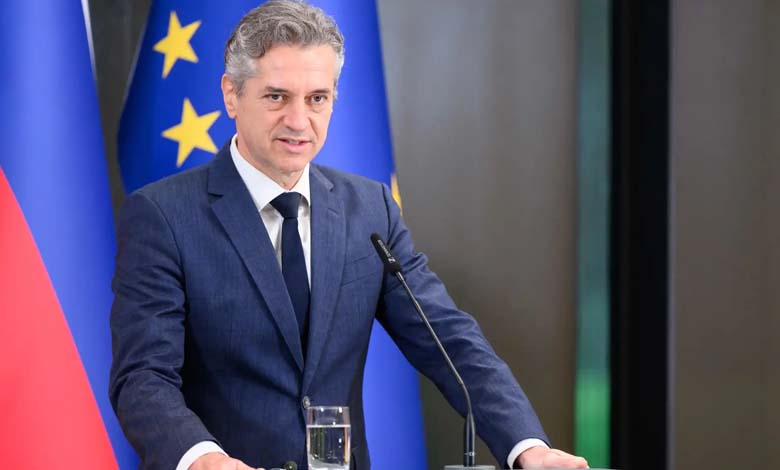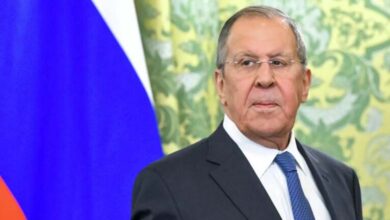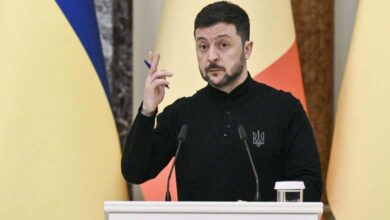Slovenia Becomes Fourth European Country to Recognize Palestine Amid Gaza War
60% of Slovenians support this measure backed by the ruling center-left coalition, while 20% oppose it

The Slovenian parliament on Tuesday passed a decree recognizing the State of Palestine after the ruling coalition decided to proceed with the vote, rejecting an opposition petition to postpone it. This recognition will exert significant pressure on the State of Israel.
A week after similar steps were taken by Spain, Ireland, and Norway, Slovenia recognized the State of Palestine after the Slovenian parliament passed a decree to that effect, with 52 members approving, the opposition boycotting the session, and one member abstaining.
The Slovenian Democratic Party, led by former Prime Minister Janez Janša, submitted a motion on Monday calling for an advisory referendum on the recognition decree, seeking to postpone the vote by thirty days.
But contrary to expectations, Parliament Speaker Urška Klakočar Zupančič deemed that the opposition had “misused the referendum mechanism,” noting that the 30-day period applies only to bills, not decrees.
In a tumultuous six-hour session that was interrupted several times for procedural reasons, the motion was overwhelmingly rejected, and the decree was passed. Janša had previously accused the ruling center-left coalition of “violating the process” and left the hall with his party’s MPs.
The government had earlier referred the decree to parliament for approval, accelerating the process ahead of the European elections scheduled for Sunday.
But Janša, who was once close to Israeli Prime Minister Benjamin Netanyahu, denounced the move as politically motivated. According to the motion, recognizing the State of Palestine would cause “long-term damage to Slovenia by supporting the Hamas organization.”
In contrast, Liberal Prime Minister Robert Golob believes such recognition “sends a message of peace” and emphasizes that “the time has come for the whole world to unite its efforts towards a two-state solution that will bring peace to the Middle East.”
About 60% of Slovenians support this measure, while 20% oppose it, according to a poll conducted last April on a sample of 600 citizens and published by the newspaper “Dnevnik.”
In late May, Spain and Ireland, both EU members, and Norway officially recognized the Palestinian state, a decision that angered Israeli authorities.
Last week, Israel said it hoped the Slovenian parliament would reject the government’s recommendation to recognize the State of Palestine, calling this recognition a “reward for Hamas,” according to Netanyahu‘s government. This issue also causes deep divisions within the European Union.
Countries like France consider that now is not the time to recognize the Palestinian state, accusing their European allies of taking “political positions” ahead of the European elections rather than seeking a diplomatic solution.
Germany, which also advocates for a two-state solution, believes that such recognition should be the result of direct negotiations between the parties to the conflict.
Before the Slovenian vote, 145 of the 193 UN member countries had recognized the State of Palestine, according to figures provided by the Palestinian Authority.
Most Western European countries, North America, Australia, Japan, and South Korea are absent from this list.
The war broke out following an unprecedented attack by Hamas on October 7 inside Israel, which killed 1,194 people, mostly civilians, according to an AFP tally based on official Israeli figures.
The attackers took 251 hostages, with 120 still in Gaza, 41 of whom, according to the army, have died.
Israel has responded with a violent campaign of bombings, raids, and ground attacks that have killed at least 36,550 people in Gaza, mostly civilians, according to the Hamas-run Ministry of Health.












